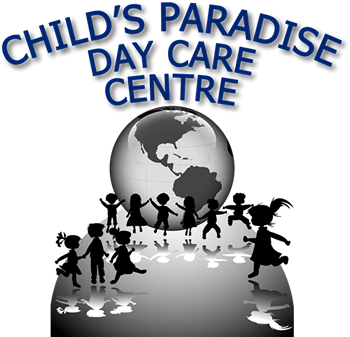At Paradise Childrens Programs, we realize the importance of identification of all anaphylactic children. We have this Policy in place to help in ensuring that the children in our Centre are safe always. While impossible to have a risk-free environment, we take the following important steps to minimize potentially fatal anaphylactic reactions.
ü The parent/guardian of the child will inform the Centre of the child anaphylactic allergy when placing their child name on the Waiting List and will provide the Centre with an allergy information sheet from their allergist prior to enrolment.
ü All anaphylactic children are identified to Staff verbally & the anaphylactic child and their parent/guardian will meet with Centre Staff prior to the first day to discuss what steps will be taken to maintain the child’s safety. This information will be signed by both the Centre Child Care Administrator/Supervisor and the parent/guardian.
ü Upon entry to the Child Care Program, the parent/guardian will provide the Centre with a recent photo of their child. This photo and anaphylactic/allergy information will be posted on the allergy list. This identification method is used for all children having a serious allergy or medical condition.
ü The parents will also provide the Child Care Program with two Epi-Pens prior to enrolment. One Epi-Pen will be stored in the Medication Lock Box, while the other one will be in a fanny pack worn by the child or attached to the attendance clipboard.
ü If need be, families in the Centre may be provided with information regarding specific allergies and what steps can be taken to support a safe program (i.e. nut free alternatives). This will be in conjunction with the Health Unit and the family.
ü Staff are required to be trained on Epi-Pen usage and anaphylactic reactions during their Standard First Aid and CPR recertification.
In the event of extensive (more than 1 common food allergen i.e. milk and eggs or peanuts and wheat) or difficult-to-manage (as determined by Administrator, Supervisor and/or cook/staff) Anaphylaxis Allergies
o parents may be required to provide the snacks and lunches daily in sealed, labelled containers and will be immediately placed in refrigerator in the Program Room to be taken out only at controlled eating times.
o parents and all staff of the Program Room are to be made aware of what is packed in the lunch bag and parents and staff will take into consideration other allergies in the Centre/Program Room, ensuring that other children allergens (i.e. peanuts) are not in the lunch from home.
o If the bagged lunch is forgotten or the items in the lunch do not meet the nutritional requirements of the Centre, parents will be contacted immediately.
Program Room Staff will take reasonable steps to create a safe program room.
· Monitor food brought into Centre
· Disinfecting of tables before and after eating
· Hand washing
· Not providing the allergic item
· Other measures as dictated by the allergy and the plan signed by the parents.
Families are asked to provide an ingredient list for any food items brought to the Centre that will be shared with others. | 
